H-1B Visas Changes Approved by White House
Introduction
H-1B Visas Changes Approved by White House mark a powerful shift in U.S. immigration policy. In this blog, we analyze five major updates, benefits, disruptions for students and employers alike, and what lies ahead. Using a wage-based weighted selection, the new rule—cleared by the White House’s Office of Information and Regulatory Affairs (OIRA) on August 8, 2025—overhauls the traditional lottery system.
International graduates, Indian IT professionals, and U.S. employers are already assessing the potential impacts—some anticipating new opportunities, others bracing for tougher competition. The coming months will reveal whether this shift truly delivers on its promise of “quality over chance,” or if it will create fresh challenges in an already complex visa landscape.
The Times of IndiaThe Economic Times
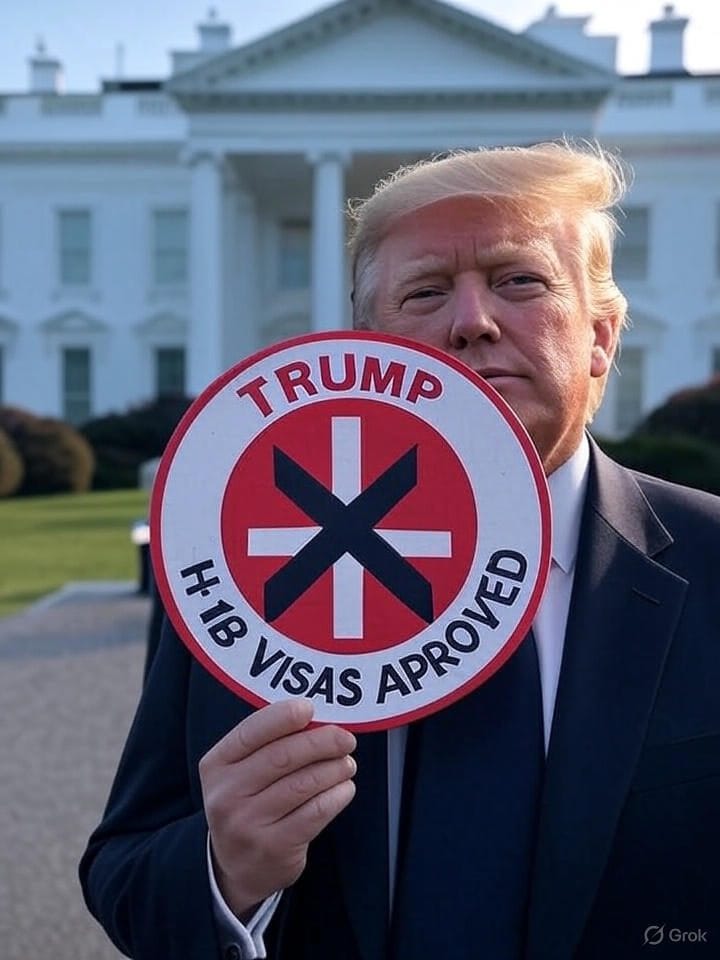
Table of Contents
1. From Random Lottery to Wage-Based Weighted Selection
The first and most headline-grabbing H-1B Visas Changes Approved by White House replace the random lottery with a wage-based weighted system. Applicants offering higher salaries—particularly at “Experienced”tiers—will gain priority.The Times of India+2The Times of India+2www.greatandhra.com
This system revives a Trump-era proposal, withdrawn by the Biden administration under business and legal pressure. Now, DHS and USCIS may implement it without Congressional approval since it doesn’t affect the H-1B cap.The Economic TimesBloomberg Law
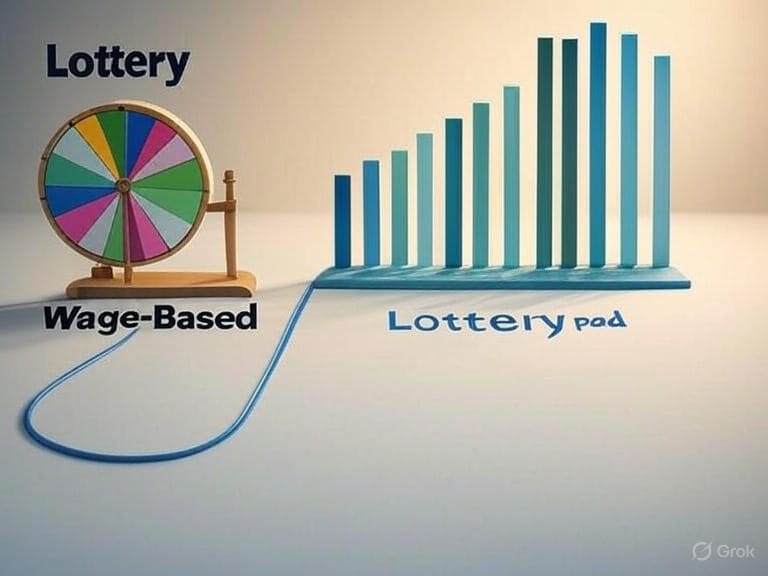
Image Prompt A conceptual illustration showing two paths: one labeled “Lottery” (random, spinning wheel) and the other “Wage-Based” (bar graph showing higher salary leads to top).
2. Impact on Entry-Level Graduates and International Students
This H-1B Visas Changes Approved by White House significantly disadvantage early-career professionals: entry-level grads often fall into lower tiers and may find it even harder to obtain H-1B status.The Times of India
Universities, advisors, and students are urged to explore alternatives like OPT extensions, other visa categories, or global job markets.The Times of India
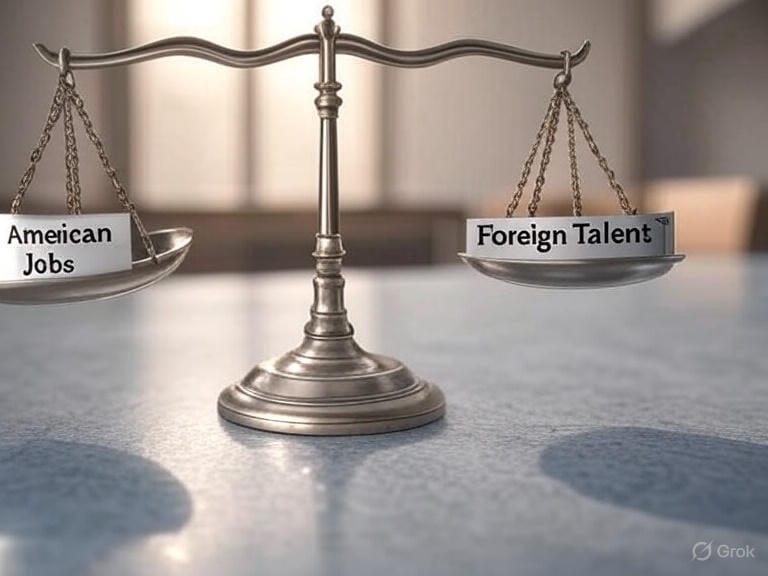
Image Prompt #2: A split-screen visual: on one side, excited international students; on the other side, frustrated young graduates blocked by a barrier labeled “Wage-Based Rule”.
3. Why Prioritize Wages? Political and Economic Rationale
Supporters argue that the H-1B Visas Changes Approved by White House reflect a bold step toward protecting American workers—focusing visas on high-skilled, high-paid roles aligns with U.S. labor interests.www.greatandhra.comThe Economic TimesThe Economic Times
Opponents, however, warn this may consolidate access among large, well-paid tech firms and exclude smaller businesses or nimble startups that can’t afford top-tier salaries.Navbharat TimesThe Times of India
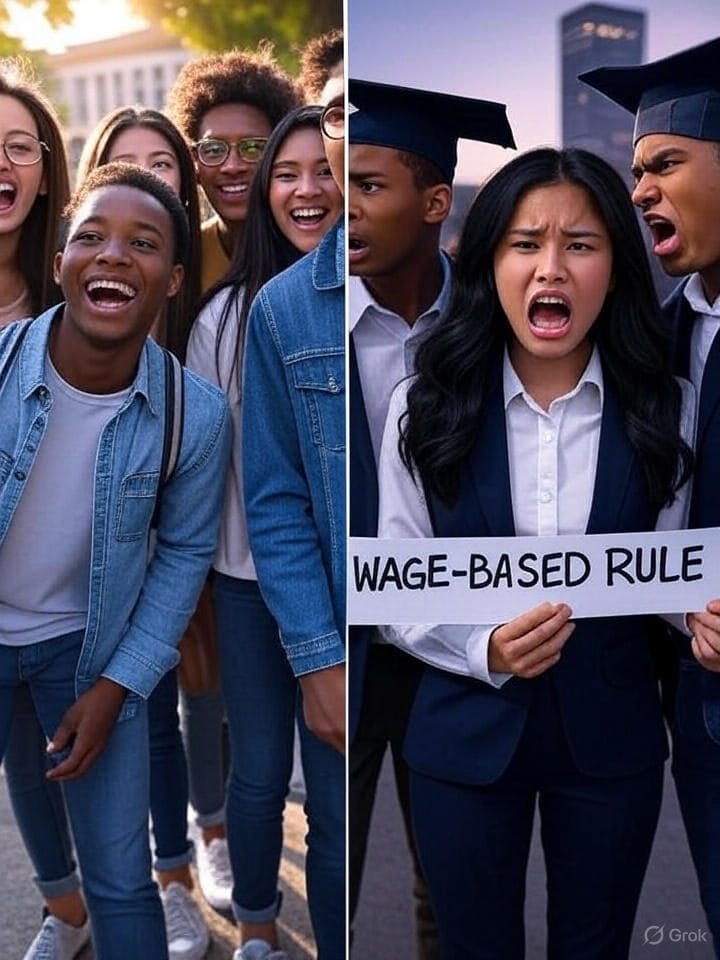
Image Prompt #3: A scale balanced between “American Jobs” and “Foreign Talent”, tilted toward “High Wages” side.
4. Legal Path: Why No Congress Needed This Time
One striking feature of these H-1B Visas Changes Approved by White House is that no Congressional approval is necessary. Since the annual cap remains at 85,000, DHS and USCIS have the regulatory authority to adjust selection methods.The Economic Timeswww.greatandhra.com
Still, it’s subject to potential legal scrutiny. Previous attempts to raise wage requirements faced litigation and were halted in courts.The Economic TimesBloomberg Law
Overall Implications for Stakeholders
For Tech Employers and Corporations:
- Access to a pool of high-paid, highly skilled international workers may become easier.
- However, pressure on smaller companies and niches hiring lower-paid roles may tighten.
For Students & Recent Grads:
- Reduced H-1B access increases competition and uncertainty.
- Planning ahead is essential—consider OPT, master’s degree exemptions, or alternative visa routes.
For U.S. Workforce:
- The shift is viewed as protecting jobs and wages.
- But critics argue it may stifle diversity and innovation by narrowing incoming talent profiles.
For Immigration Policy:
- This move signals a more meritocratic orientation—aligned with “Buy American, Hire American” ethos.
- Still unclear is how this fits with broader reforms like the Fairness for High-Skilled Immigrants Act (HR 6542), aiming for fairer green card access and eliminating per-country caps.Wikipedia
Conclusion
The H-1B Visas Changes Approved by White House represent a transformational and controversial pivot from randomness to a wage-oriented merit system. While potentially improving quality, the shift may widen disparities—disadvantaging new professionals and empowering high-pay employers. Stakeholders should brace for implementation, legal reviews, and strategize accordingly.
Outer Links (for SEO richness):
- [Bloomberg Law: H-1B Worker Weighted Selection Rule Clears White House Review] – authoritative legal coverage
- [Economic Times: H-1B visa rule overhaul replacing lottery with wages paid gets approval from White House] – business-focused insight
- [Times of India: Explained: Why the H-1B visa lottery may soon be replaced by a wage-based system] – detailed analysis of tiers and implications.
- Internal Link: https://mysportinfo.com/cristiano-ronaldo-and-georgina-rodriguezs/

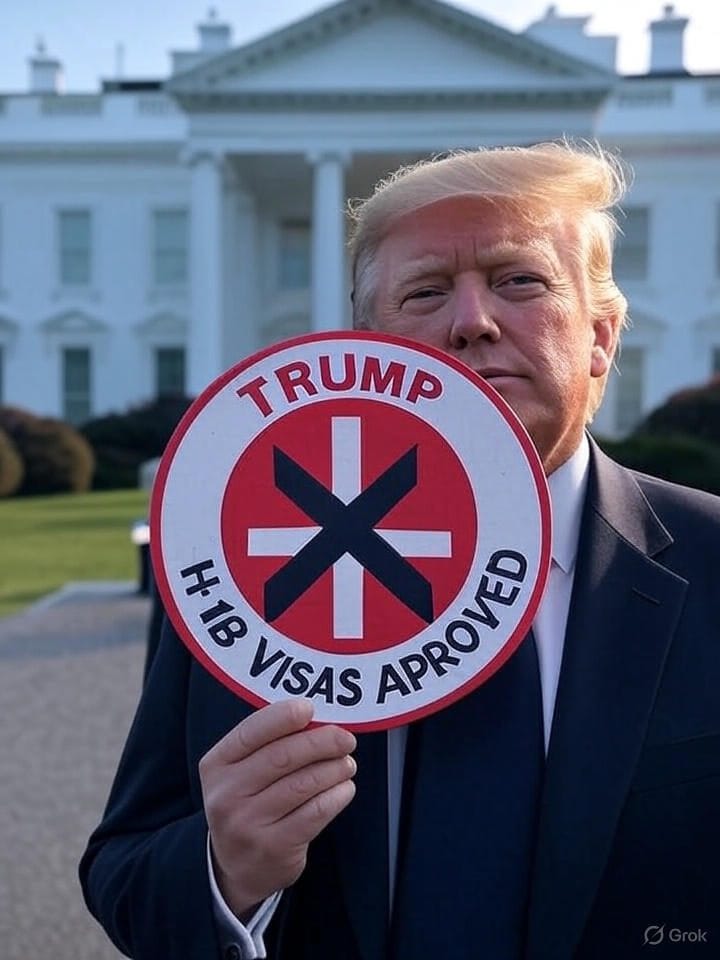




Leave a Reply